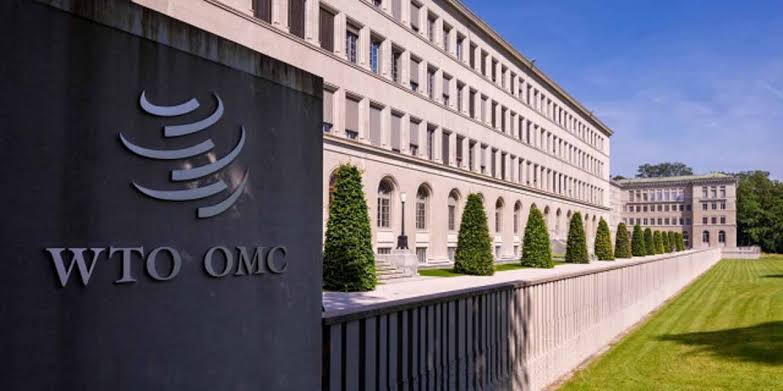An estimated number of 80 countries on Friday reached an agreement on global digital commerce regulations, marking a significant milestone in international trade. However, the agreement failed to secure the support of the United States, a key player in international trade.
Key Details of the Agreement
The formulation of this agreement had a lifespan of five years of negotiations led by Australia, Japan, and Singapore, after which the participants presented a “stabilized text.” The European Union hailed the agreement as “historic,” Britain described it as “groundbreaking.” While the United States expressed its reservations claiming that the text needed “further work”.
EU trade chief Valdis Dombrovskis praised the deal on social media, calling it the first global rules on digital trade. The agreement commits all participants to digitizing customs documents and processes, recognizing e-documents and e-signatures, and implementing legal safeguards against online fraud. It also aims to limit spam, protect personal data, and support least-developed countries.

U.S. and Other Reservations
U.S. WTO ambassador Maria Pagan acknowledged the agreement’s importance but expressed that more work needs to be carried out on the text, particularly regarding exceptions related to essential security interests. The U.S. Ambassador stated that the U.S. looks forward to collaborating with interested members to address remaining issues and finalize the negotiations.
Other countries, such as Brazil, Indonesia, and Turkey, also had reservations, though these were generally minor.
Challenges Ahead
To become a formal WTO agreement, the accord must gain consensus from all WTO members. India and South Africa have expressed concerns about agreements that exclude certain members, potentially complicating efforts to achieve universal acceptance. E-commerce is a rapidly evolving sector of international trade, necessitating a comprehensive agreement to regulate and protect the interests of sovereign states. An agreement that provides a well-rounded approach to e-commerce can ensure that all parties involved are safeguarded. However, for such an agreement to be effective and binding, it must gain universal acceptance among states, highlighting the need for further modifications.
The reservations expressed by the U.S. and other countries indicate that their interests are not yet fully addressed by the current text. This underscores the necessity for continued cooperation to develop a more inclusive and effective agreement. Ideally, the process should be expedited to create a robust framework that meets global needs promptly.

















